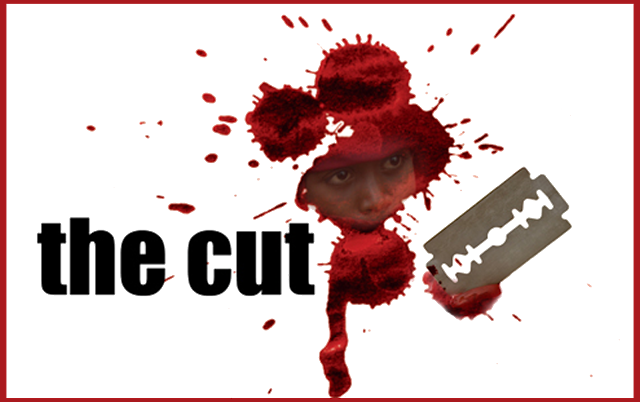As a girl, have you ever been strapped to the ground by your mother or other loved ones, your legs spread wide apart and a rusty old razor blade used to crudely cut out part of your genitals? Have you ever been told that the reason why part of your genitals was cut is because it was for your own good? It was your rite of passage into womanhood?
Thankfully I have never experienced it and I hope if you are a girl or woman reading this, that you too have not experienced it.
However, millions of girls experience this heinous acts daily. In fact, according to the World Health Organization (WHO), “in Africa, more than three million girls have been estimated to be at risk for Female genital mutilation (FGM) annually. Even worse, more than 125 million girls and women alive today have been cut in the 29 countries in Africa and Middle East where FGM is concentrated.(T)he practice is most common in the western, eastern, and north-eastern regions of Africa, in some countries in Asia and the Middle East, and among migrants from these areas.”
The serious long term consequences according to WHO include “recurrent bladder and urinary tract infections, cysts, infertility, an increased risk of childbirth complications and newborn deaths, and the need for later surgeries.”
For decades, FGM occurred in some parts of Nigeria, West Africa. However, in May 2015, the federal government officially banned the practice nationwide. As with any law, the trick is enforcement. Nigeria has some great laws on the books. Now enforce it, please. While its citizens wait for such enforcement and for Nigeria, as the giant of Africa to lead the way, I note that it has taken a step in the right direction for gender equality and the eradication of violence against girls and women.
Watch this interesting TEDTalk on FGM below. Also visit The Guardian UK for the story on Nigeria’s ban of FGM.
~Ms. Uduak
Photocredit: Drmomma.org
